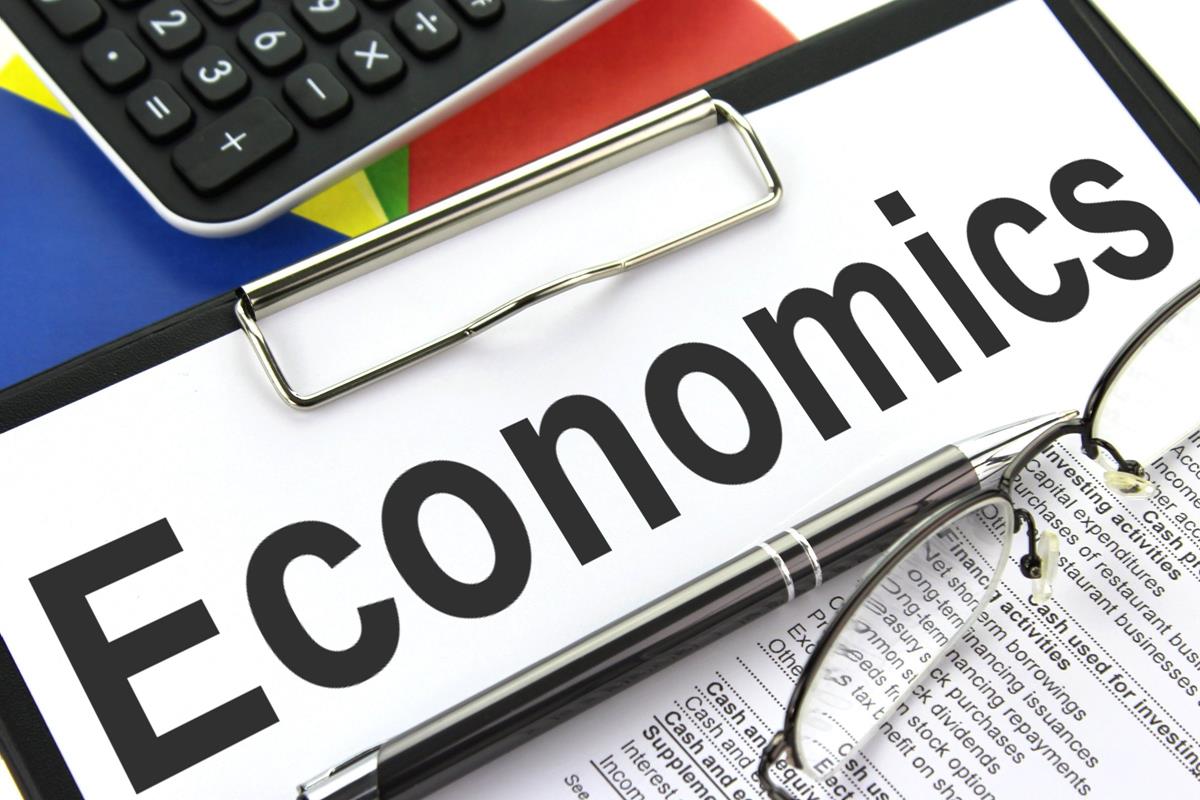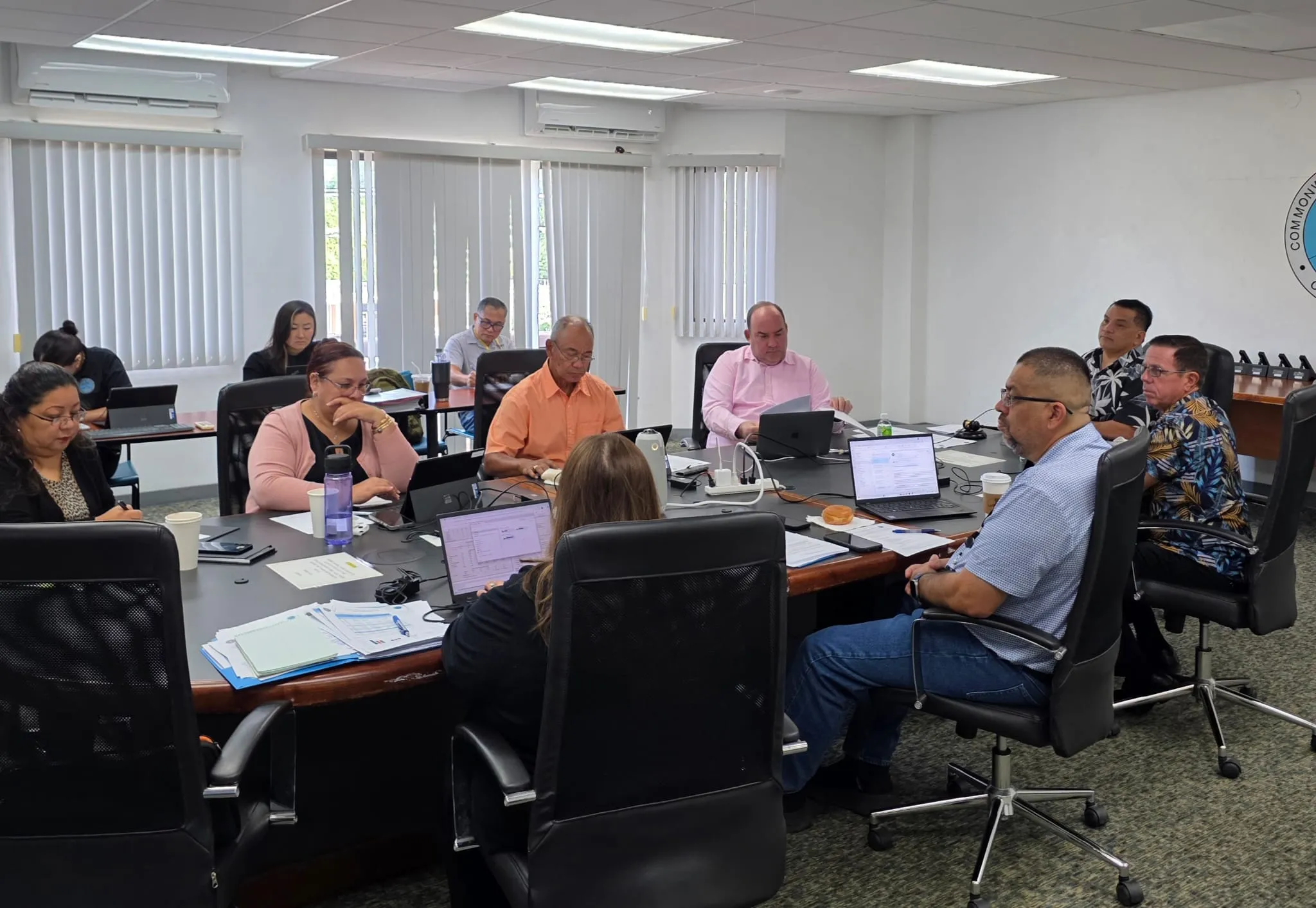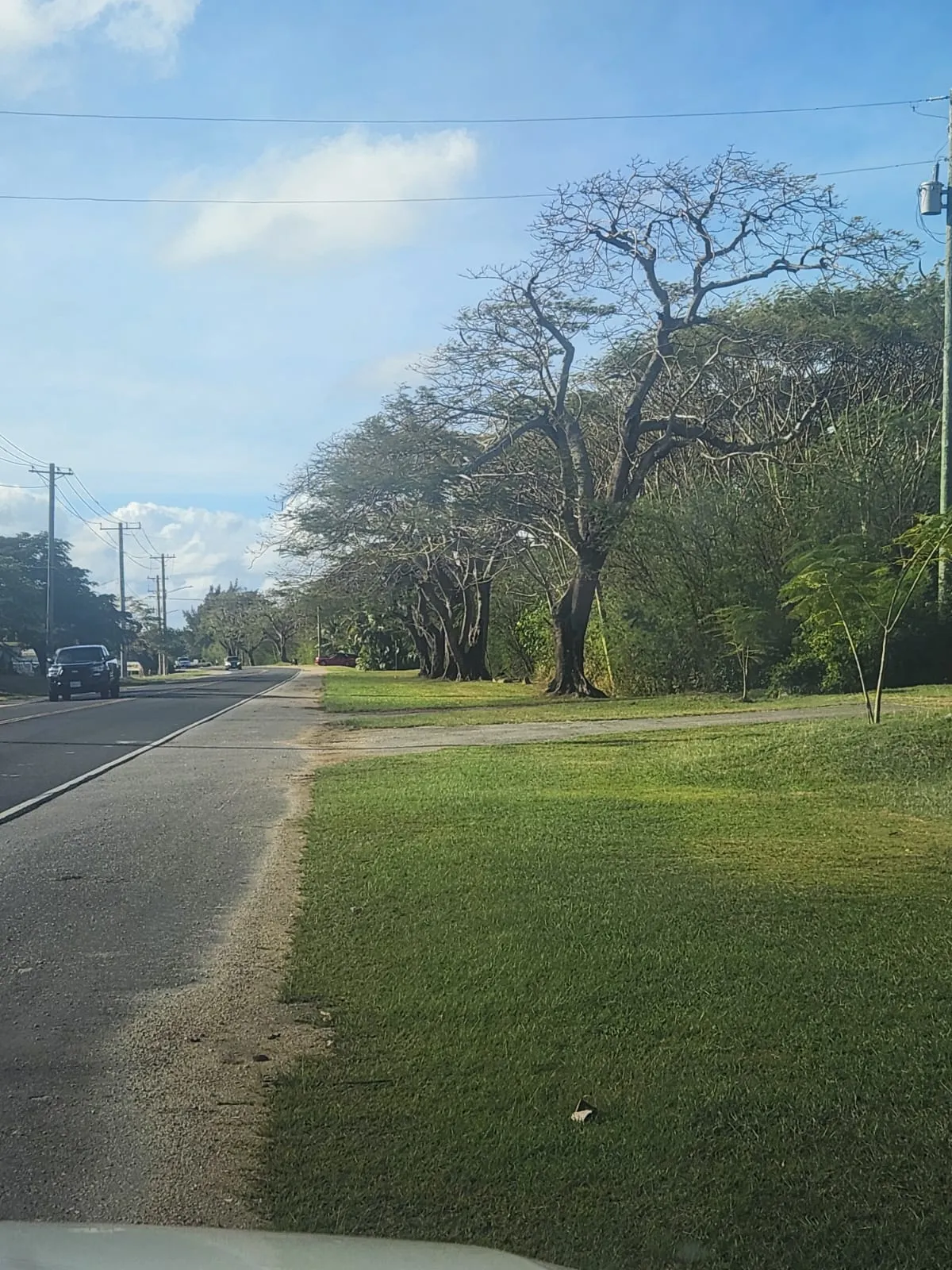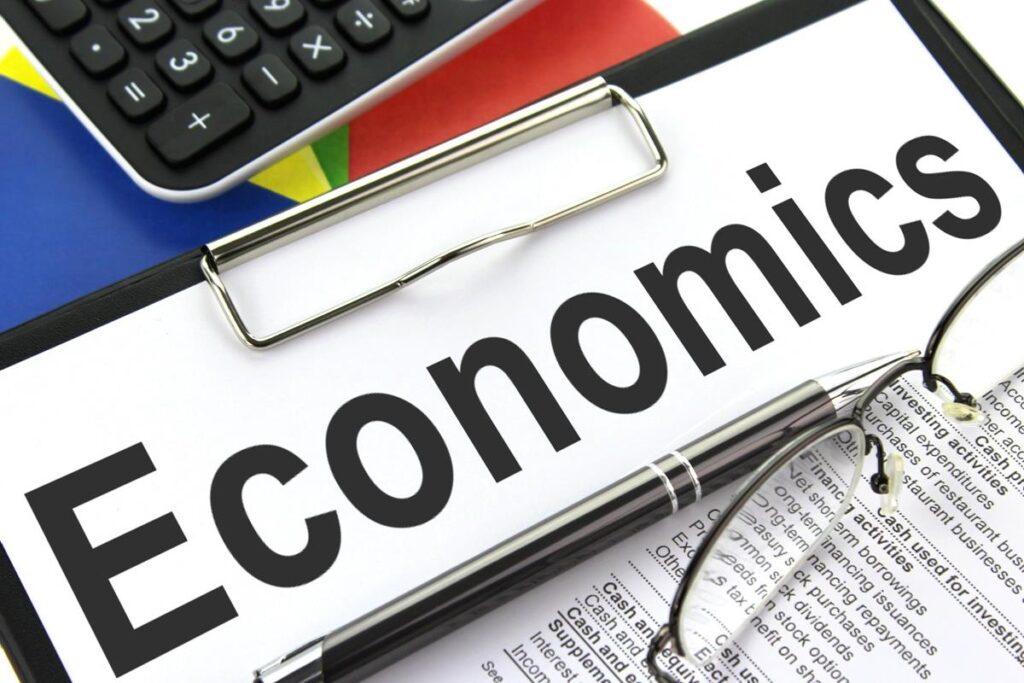
THE latest (federally funded) CNMI economic report came out in March and is 344 pages long. It is thoroughly researched, well-designed, printed on glossy paper, and includes colored photos, tables, and graphs. Among the many economic reports written about these islands since World War II, this one could be the most visually compelling. It’s subtitle, however, doesn’t quite cut it. “One Community, One Economy, One Vision.”
I mean, “One Vision”? Whose vision? And why that vision only? If there is only “one vision” no need for further discussions then? “One Vision” reeks of authoritarian audacity that is out of place in a highly informative report reminding us that “there is no single ‘silver bullet’ solution for [the] CNMI’s economic condition.”
But that’s a minor quibble.
Let’s now take a look at the report’s executive summary. “Tourism,” it says, “the largest economic sector, has declined by two-thirds both in visitor arrivals and in revenue. Tax revenue can no longer sustain full time employment for government employees. Twenty percent…of [CNMI] residents are unemployed and cannot find gainful employment. Twenty percent…of its residents are planning to permanently emigrate from the CNMI because of the high cost of living, low wages and lack of opportunity.”
In 1997, at the height of the CNMI’s economic growth, when government and private sector jobs were aplenty, the unemployment figure was…14%. When asked about it, then-Gov. Froilan C. Tenorio had a simple answer: “They don’t want to work.” Anyway, it would be interesting to know how many of today’s unemployed are on government dole — and how many voted for the “wrong” candidate in the last gubernatorial election.
According to the executive summary, “The challenges facing the CNMI are particularly difficult due to its over-reliance on tourism….”
Okay. But is the CNMI administration’s apparent preference for over-reliance on the feds a possible “solution”? Now the thing with the feds is that they don’t have “one vision,” and power alternates between two major political parties with differing approaches to governance. The U.S. military, too, has been known to adjust its strategies to adapt to evolving geopolitical realities.
Based on some of the executive summary’s language, this latest CNMI economic report seems to have been prepared with the expectation that a U.S. administration committed to renewable energy, environmental stewardship, green infrastructure, and equity would be in office this year.
Well.
So, in any case, the CNMI should chuck its “over-reliance” on tourism and create a “new economy” on the shifting sands of national U.S. politics. That is supposed to be “sustainable”?
The report recommends a “roadmap for economic recovery [that] emphasizes a phased and coordinated approach, addressing both immediate needs and long-term objectives. The study identifies 21 recommendations to enable the CNMI to ‘cross’ the four bridges toward economic sustainability.”
The “four bridges” are:
1) A responsive, collaborative and proactive CNMI government.
2) Strengthening existing industries.
3) Developing new industrial ecosystems.
4) Advancing a sustainable and inclusive recovery.
Who’s in charge of building bridge #1? Apparently, the same government, which is also tasked to construct bridges 2 to 4.
In other words, we’re supposed to expect the same government — largely responsible for the fiscal mess we’re in — to clean it up. That same government, moreover, is expected to stick to a long-term plan and carry it out consistently over the years, without being derailed by politics, elections, or the parochial concerns of voters.
I don’t know about that. But what should be clear by now is this: what’s truly unsustainable is the wildly popular belief that government is Santa Claus and every day should be Christmas.
Ask certain elected officials about the islands’ worsening economic downturn, and you’ll be told that it’s “global,” and caused by “factors beyond our control.” Ask them about factors that are very much in their control such as the size of government and you’ll hear them talk about “compassion” and “protecting the vulnerable,” all of whom, coincidentally, are registered voters.
As for the CNMI economy, natural disasters and global pandemics could cripple it, but such unfortunate events come and go. What’s truly more damaging is the set of (mostly) federal laws and rules that prevent the CNMI from once again building an impressively robust economy — one that, back in the day, improved the quality of life for local residents and made the Commonwealth less dependent on Uncle Sam.
Send feedback to editor@mvariety.com











